Category: News
-
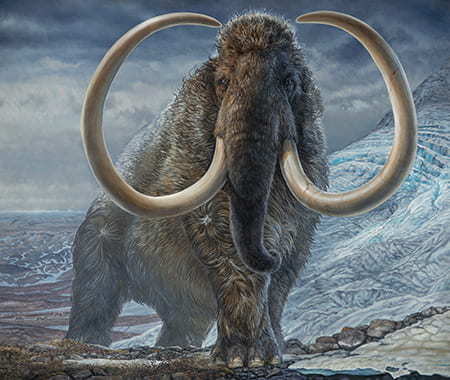
Study takes unprecedented peek into life of 17,000-year-old mammoth
An adult male woolly mammoth navigates a mountain pass in Arctic Alaska 17,100 years ago in this illustration. The image is produced from an original, life-size painting by paleo artist James Havens housed at the University of Alaska Museum of the North. (Image by James Havens, The Havens Studio) Jeff Richardson | University of Alaska,…
-
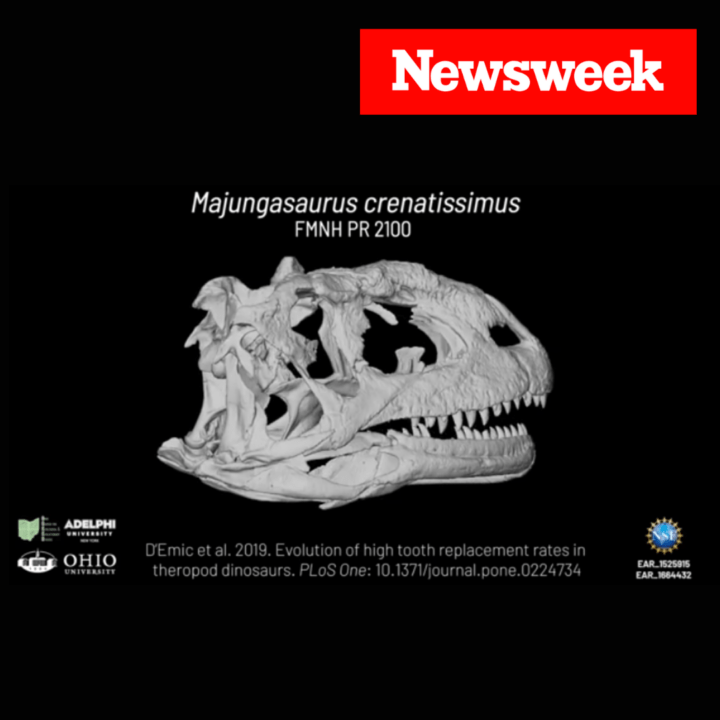
Can Dinosaurs Be Brought Back to Life Via Cloning? Experts Explain
One Of The Last Dinosaurs To Walk Earth Replaced Its Teeth As Fast As Sharks Ed Browne | August 6, 2021 | Newsweek Read “Can Dinosaurs Be Brought Back to Life Via Cloning?” to hear Institute associate director Beth Shapiro’s take.
-

The Extinct Species Within
Snippets of DNA from extinct species linger in the genomes of many animals, including the Tibetan mastiff. Christie Wilcox | Aug 6, 2021 | The Scientist Read The Extinct Species Within to learn more about Institute associate director Beth Shapiro and Institute affiliate faculty Ed Green’s research
-
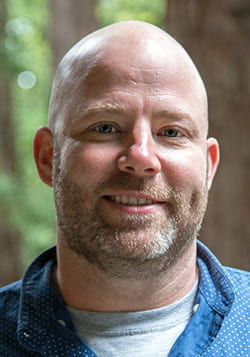
NIH grant funds collaborative research on protein-RNA interactions in cancer
August 03, 2021 | Tim Stephens | UCSC Jeremy Sanford, professor of molecular, cell, and developmental biology at UC Santa Cruz, has received major funding from the National Cancer Institute for research on the role of protein-RNA interactions in cancer. Sanford and Dr. Dinesh Rao at UCLA are co-principal investigators on the grant, which will…
-
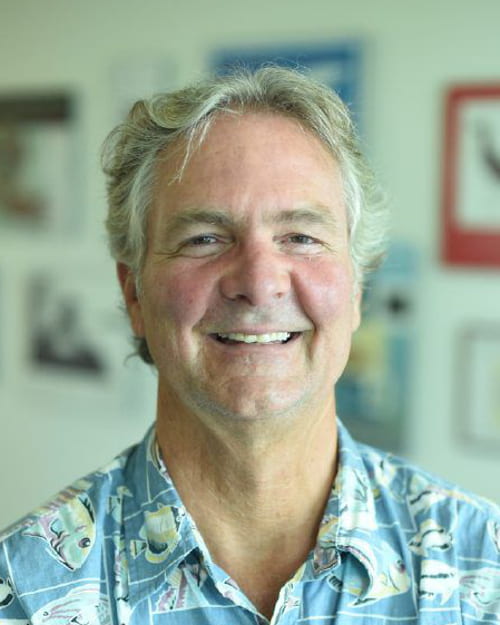
David Haussler ranked 6th among top scientists in computer science
David Haussler (Photo by Josh Edelson) Tim Stephens | UCSC | July 29, 2021 David Haussler, a distinguished professor of biomolecular engineering in the Baskin School of Engineering and director of the UC Santa Cruz Genomics Institute , is among the top scientists in computer science, ranked sixth in the 2021 Seventh Edition of the…
-
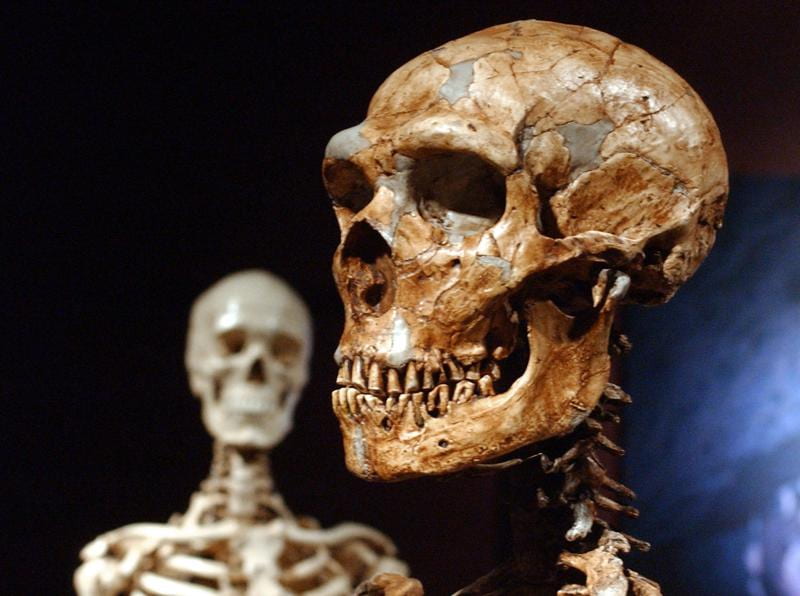
Just 7% of our DNA is unique to modern humans, study shows
Christina Larson | AP News | July 16, 2021 What makes humans unique? Scientists have taken another step toward solving an enduring mystery with a new tool that may allow for more precise comparisons between the DNA of modern humans and that of our extinct ancestors. Just 7% of our genome is uniquely shared with…
-
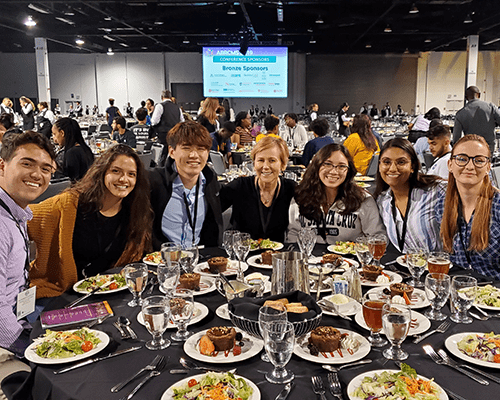
Humans of BSOE: Meet Zia Isola
Zia is the Director of UC Santa Cruz Genomics Institute Office of Diversity Programs, helping develop & manage programs that promote diversity & inclusion in STEM education & research at Baskin Engineering. UCSC Engineering | July 20, 2021 Zia Isola first came to UC Santa Cruz over 13 years ago. In addition to her primary…
-
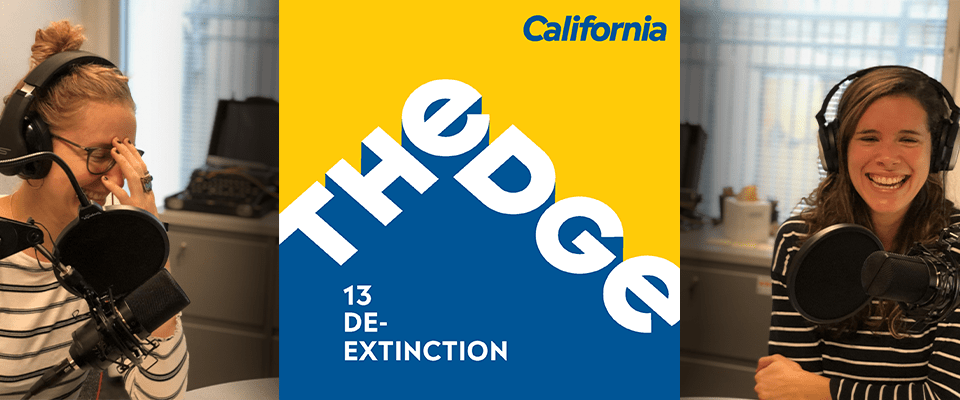
The Edge Episode 13: Should We Bring Back Woolly Mammoths?
Listen to the podcast: “The Edge Episode 13: Should We Bring Back Woolly Mammoths?” Passenger pigeons. Woolly mammoths. Neanderthals. They’re all extinct. But what if we could bring them back? And if we could, should we? Geneticists are exploring de-extincting extinct and near-extinct species, but ethical and logistical problems abound. Laura and Leah sit down…
-
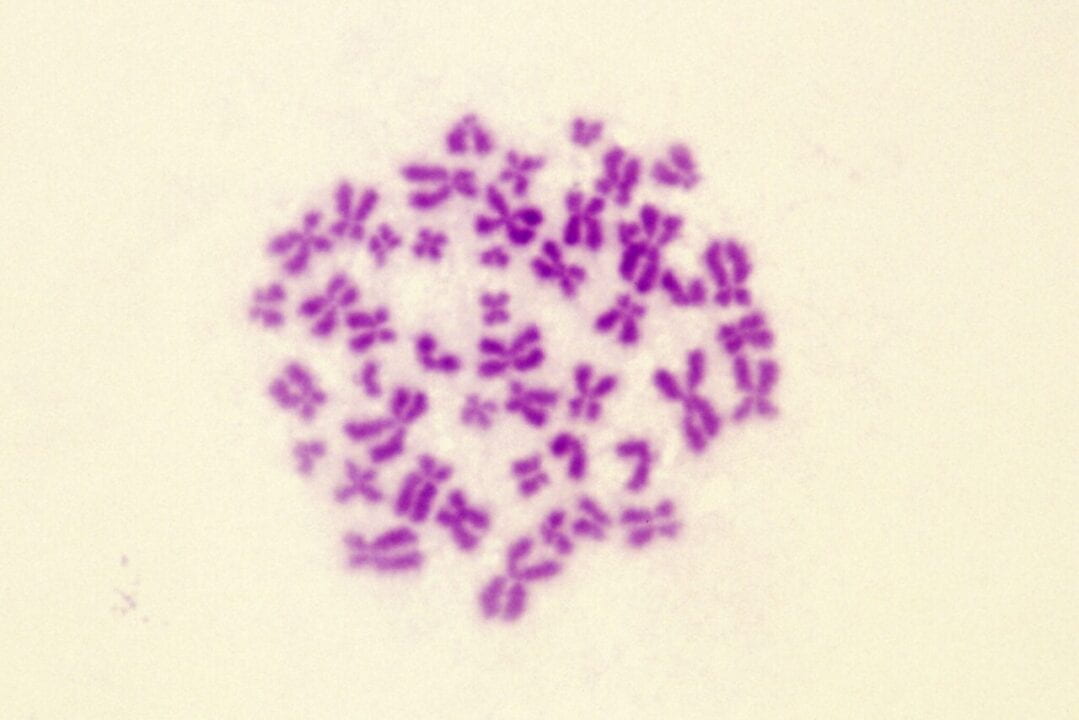
Scientists Finish the Human Genome at Last
The complete genome uncovered more than 100 new genes that are probably functional, and many new variants that may be linked to diseases. Carl Zimmer | New York Times | July 23, 2021 Two decades after the draft sequence of the human genome was unveiled to great fanfare, a team of 99 scientists has finally deciphered the…
-
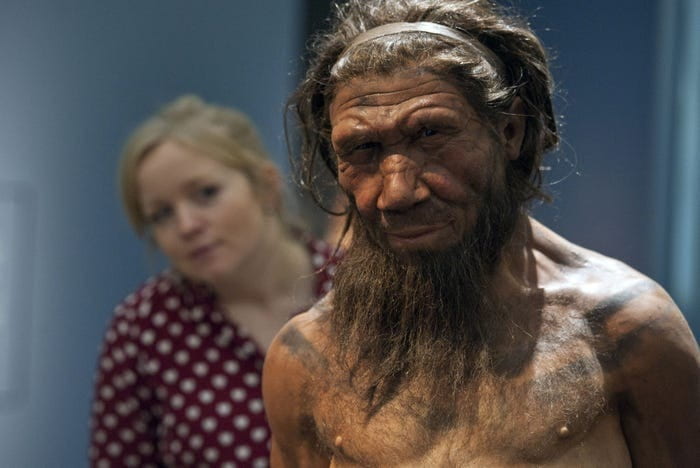
Unique Fraction of Modern Human Genome Surprisingly Small, Comparison With Archaic Hominins Suggests
An employee of the Natural History Museum in London looks at model of a Neanderthal male in his twenties, which is on display at the museum’s “Britain: One Million Years of the Human Story” exhibition, September 2014. Will Oliver/PA Images/Getty BusinessInsider At most, just 7% of the human genome is unique to our species, we…
-

Nearly Complete Human Genome Sequenced
Jef Akst | The Scientist | June 8, 2021 The Human Genome Project was a tour de force that resulted in the first draft human genome sequence in 2000, but it wasn’t actually complete. The work left sequence gaps that genomicist Karen Miga of the University of California, Santa Cruz, calls the “final unknown” in…
-

Researchers claim they have sequenced the entirety of the human genome — including the missing parts
Matthew Herper | STAT | June 1, 2021 An international team of scientists says it has sequenced and assembled the entirety of the human genome, including parts that were missed in the sequencing of the first human genome two decades ago. The claim, if confirmed, surpasses the achievement laid out by leaders from the Human…